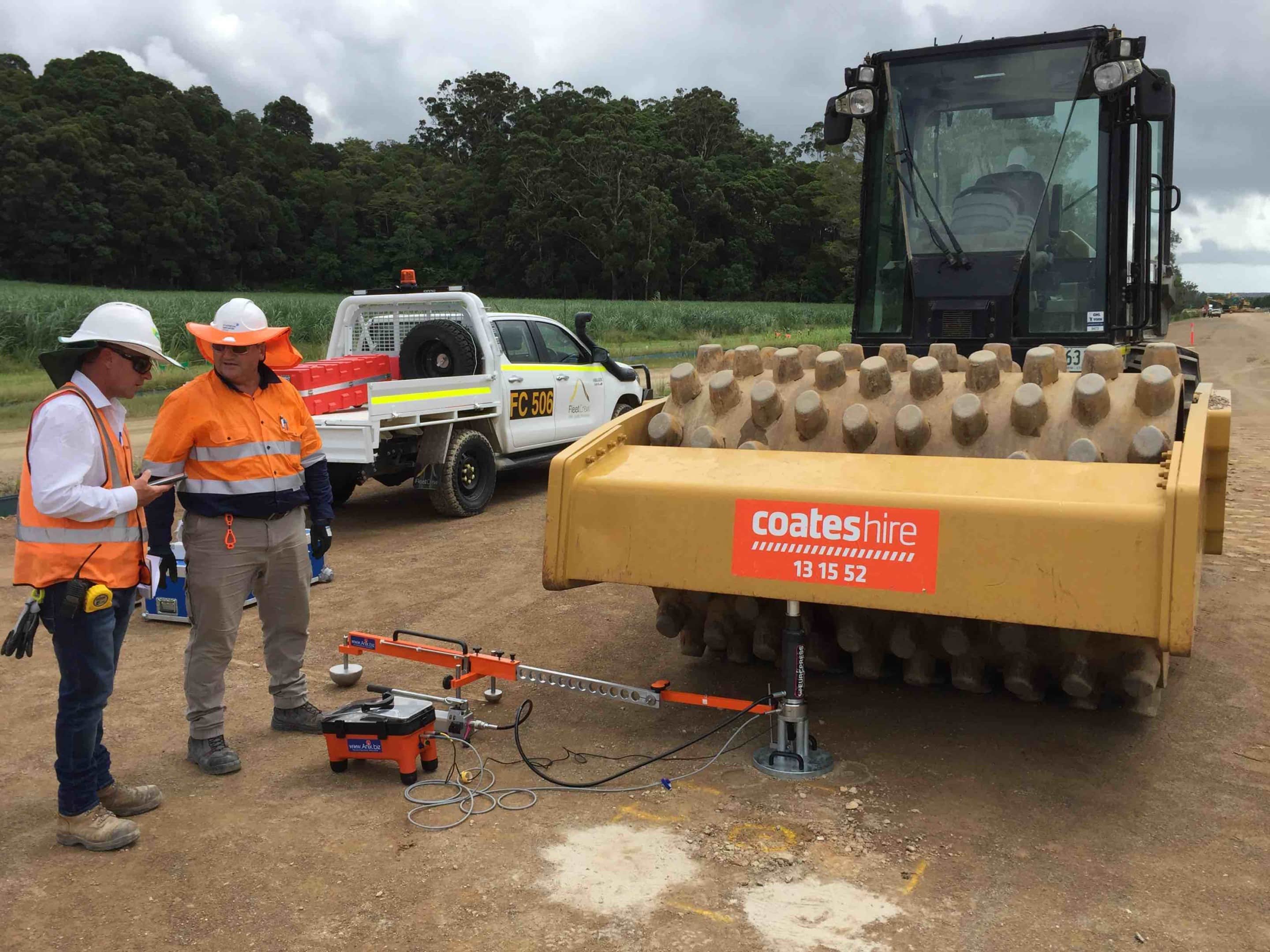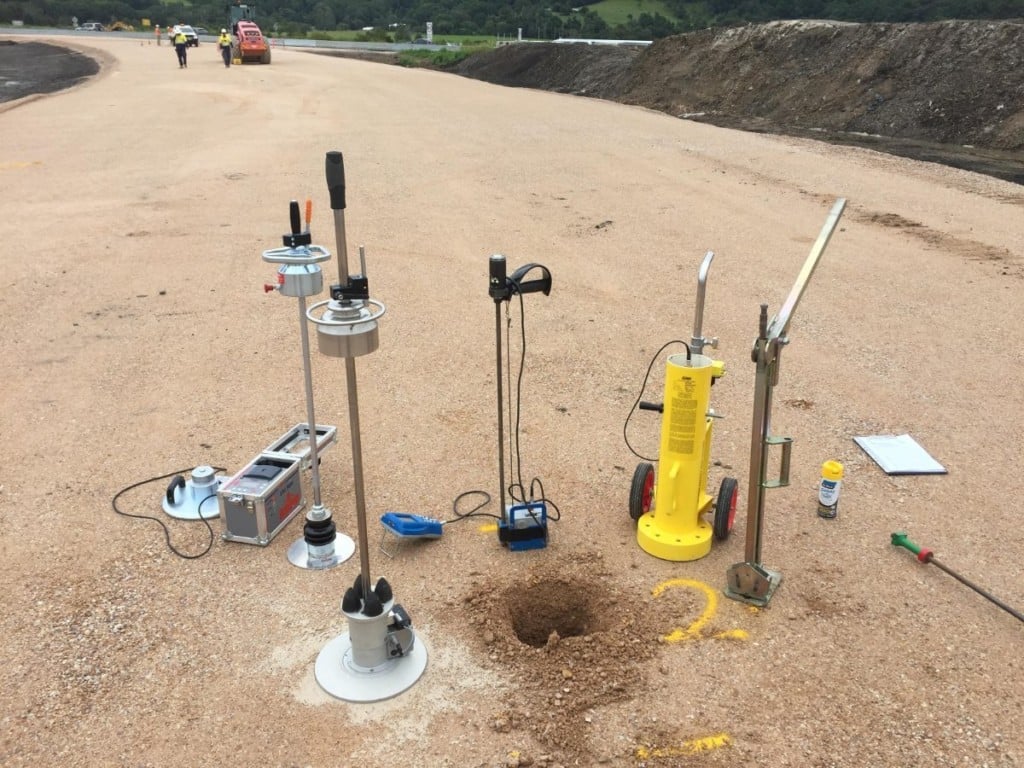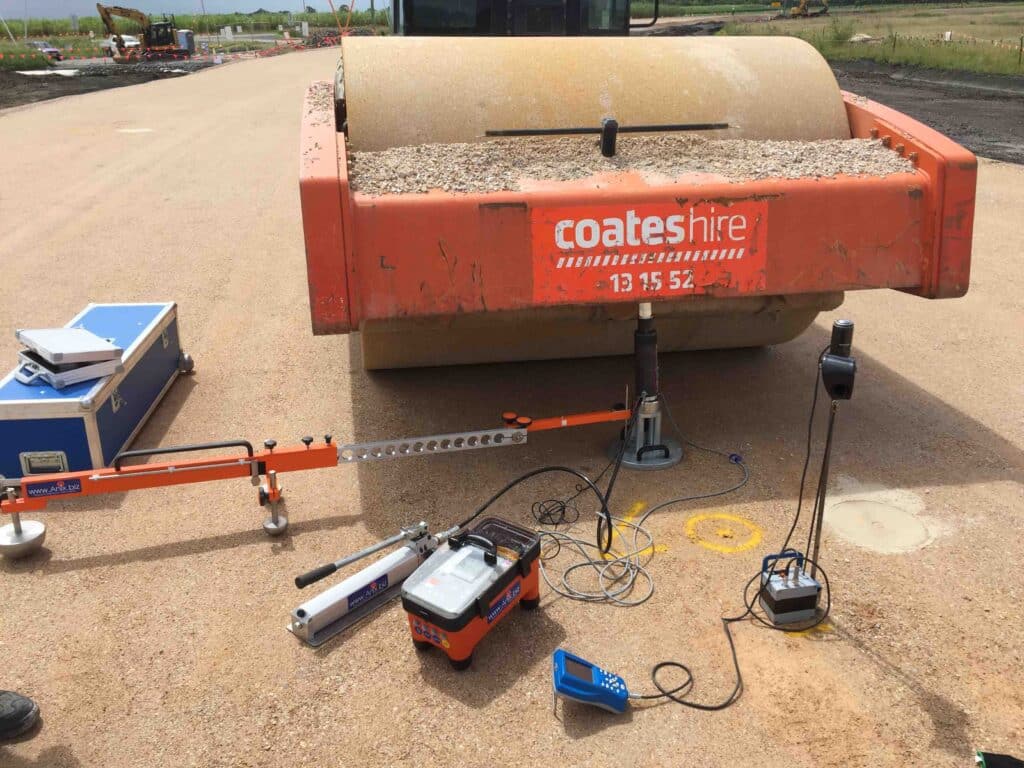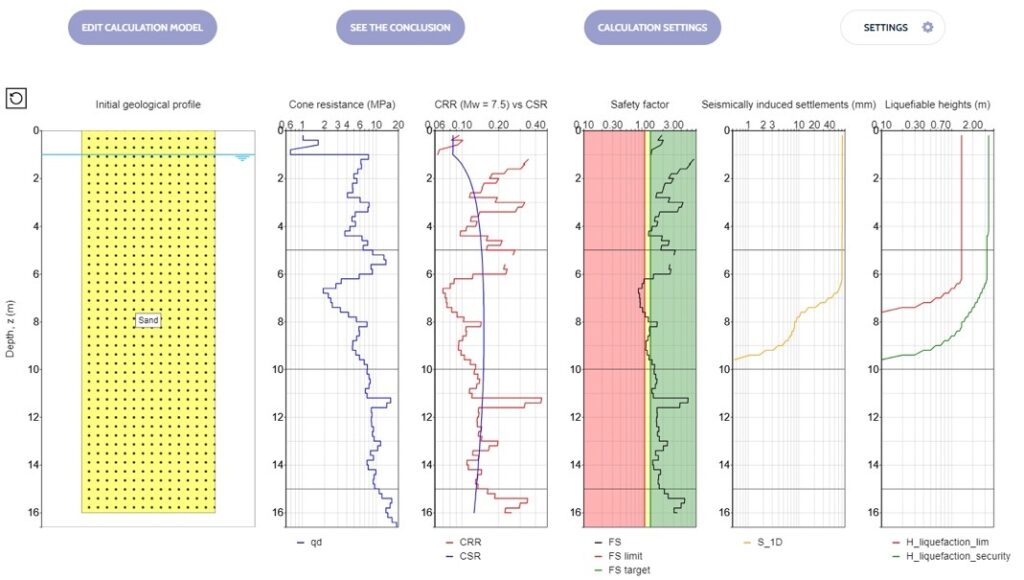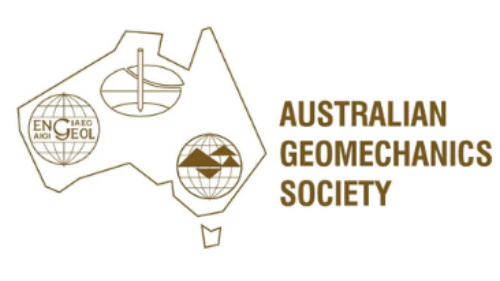Assessment of Compaction Quality Control Methods – NACOE Best Practice Research
The acceptance of earthwork and unbound pavement construction in Australia currently relies mostly on density testing and CBRs for Quality Assurance (QA).
Though its National Asset Centre of Excellence (NACoE) research program, Queensland’s Department of Transport & Main Roads sponsored a vital ARRB research project to update test methods acceptable for use for QA of pavement and subgrade materials. This state-of-the-industry study assessed test methods that have the potential to:
(a) reliably provide a direct measure of the strength or in-situ modulus value; and
(b) offer significant time savings in turnaround time of test results.
Methods evaluated included Light Weight Deflectometer’s (LWD’s), PANDA® Instrumented DCP, Clegg Hammer, DCP and Plate Load Testing (PLT). Specifically, the devices evaluated included the Zorn Light Weight Deflectometer, the Anix Instrumented Plate Load Test and PANDA® Instrumented DCP.
In earthworks testing, using density ratios is applied widely in quality control. There are currently many different measuring devices which can provide a more accurate measurement of design parameters (strength or stiffness) and can provide a more direct route for parameter assessment (i.e. limit need for any inclusion of generic relationships).
Comparisons of density with alternative in-situ testing show the latter provides significant benefits to the industry. Accuracy is not the same as precision, and industry’s reliance on density places an emphasis on precision rather than accuracy, data usability or timeliness of results.
This research has found density measurements are, although precise, not very accurate due to poor correlation with the results of other modulus or strength-based tests.
Presenters:
- Dr Jeffrey Lee – ARRB
- Dr Burt Look – FSG – Geotechnics + Foundations
- Dr David Lacey – FSG – Geotechnics + Foundations
Part 1: June 2018
Part 1 introduced alternative methods to assess compaction in the field. The advantages, limitations, and fundamentals of the measurement methods are discussed.
Part 2: February 2020
Part 2 compared the limitations, benefits and issues associated with traditional density testing and other types of testing with research data various sites.
You can download the presentation slides and view a recording of the webinar. The presenters were kind enough to answer your questions.
Part 3: March 2020
Part 3 focused on the applications and procedures associated with alternative testing to a density-based approach.
You can download the presentation slides and view a recording of the webinar.
Insitutek imports, sells and services, unique geotech equipment that has proved of great benefit to those who use it. It has a particularly beneficial role to play for those compacting soil in infrastructure projects.
We are using the PANDITO DCP for Level 1 site supervision, it’s very portable and we find it handy for flying into sites.
The Light Weight Deflectometer (LWD) was first used in 1998 by the Minnesota Department of Transportation (Mn/DOT) at the Minnesota Road Research Project. Starting in 2005 the LWD has been used by Mn/DOT as an acceptance tool for the compaction of roadbed and miscellaneous embankment and trench construction, culvert treatments and other tapered construction.
Insitutek Blogs
We find clients are often looking for ways to improve geotechnical testing outcomes and do it more efficiently at the same time. This drives their buying decision making. Australian Soil and Concrete Testing (ASCT) was a case in point when they were searching for Plate Load Test equipment for their upcoming Collector Wind Farm project. Some of the things that motivated them include: […]
We are excited to introduce the addition of a new Liquefaction Risk Estimation module in WebSprint©. Paired with our cutting-edge products, PANDA® and GRIZZLY®, this module enables you to assess the liquefaction risk of soils exposed to seismic stress. PANDA® Instrumented DCP: This cutting-edge tool provides dynamic penetrometer soundings, delivering precise data crucial for seismic risk evaluations. GRIZZLY® […]
The Australian Geomechanics Society is gearing up for a series of geotechnical events across VIC, WA, NSW, and SA-NT. We are thrilled to inform you that we will be sponsoring and attending these exciting geotechnical events, and we would love for you to join us. It’s a fantastic opportunity to catch up, explore our booth (VIC), and stay informed about […]

